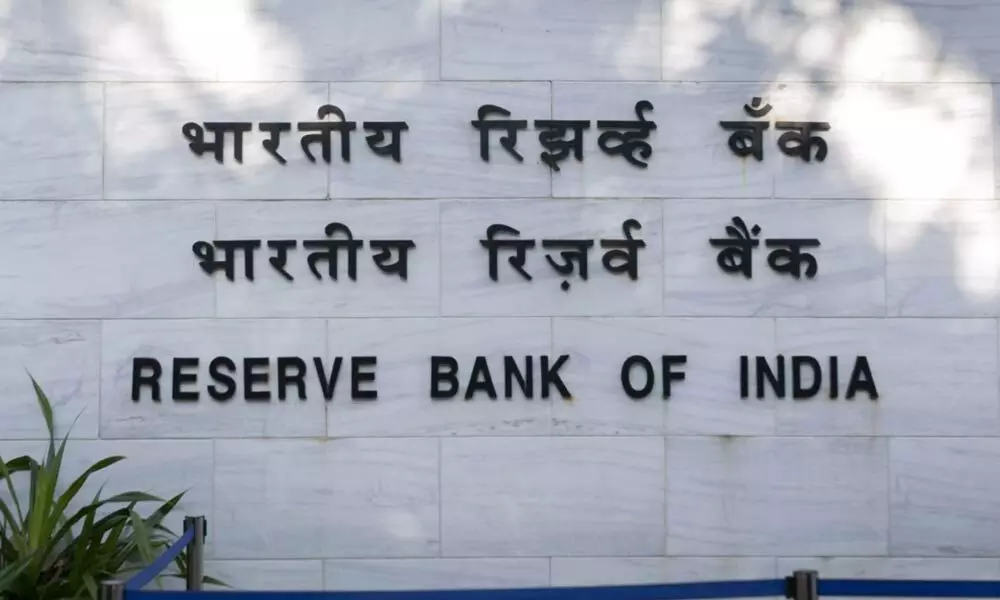RBI expected to raise rates by FY22 end: Crisil Research
The Reserve Bank of India is expected to raise key rates by 25 bps at the end of FY22, Crisil Research said in a report
image for illustrative purpose

New Delhi, Aug 13 The Reserve Bank of India is expected to raise key rates by 25 bps at the end of FY22, Crisil Research said in a report.
The easy monetary policy regime seems to reaching its limits, the report contended by assessing the divergence in opinion of Monetary Policy Committee (MPC) members in their latest meet.
"We expect the RBI to make a more definitive statement by this fiscal end, and raise rates by 25 basis points (bps).
"While inflation will be the key driver of this decision, other factors such as the strength of recovery (mainly domestic demand) and policy normalisation by other major central banks will also matter," it said.
According to the report, the MPC stood pat in the latest review, but in an interesting departure, announced a small increase in the absorption of surplus liquidity through variable rate reverse-repo operations.
"With this, the RBI joined other central banks that are on course to gradually unwind the year-long stimulus to fight the pandemic."
At present, central banks in Brazil, Russia, Turkey and Canada have already moved to taper or hiked policy rates, influenced by inflation.
"The nature of inflation, coupled with the tolerance for it, has defined central bank actions this year."
At present, an uneasy calm prevails in the global markets.
"That's because, while central banks of major economies have continued to pursue easy monetary policies to stimulate growth, there has been a sharp rise in inflation."
"Systemically important ones, including the US Federal Reserve (Fed) and the European Central Bank (ECB), see this rise as transitory, and have chosen to tweak policy to become more inflation-tolerant."
In emerging markets, some are moving ahead of the US Fed in tightening, while others are staying accommodative.
Currently, the RBI, too, has been tolerant of inflation, with its MPC staying accommodative to support growth.

